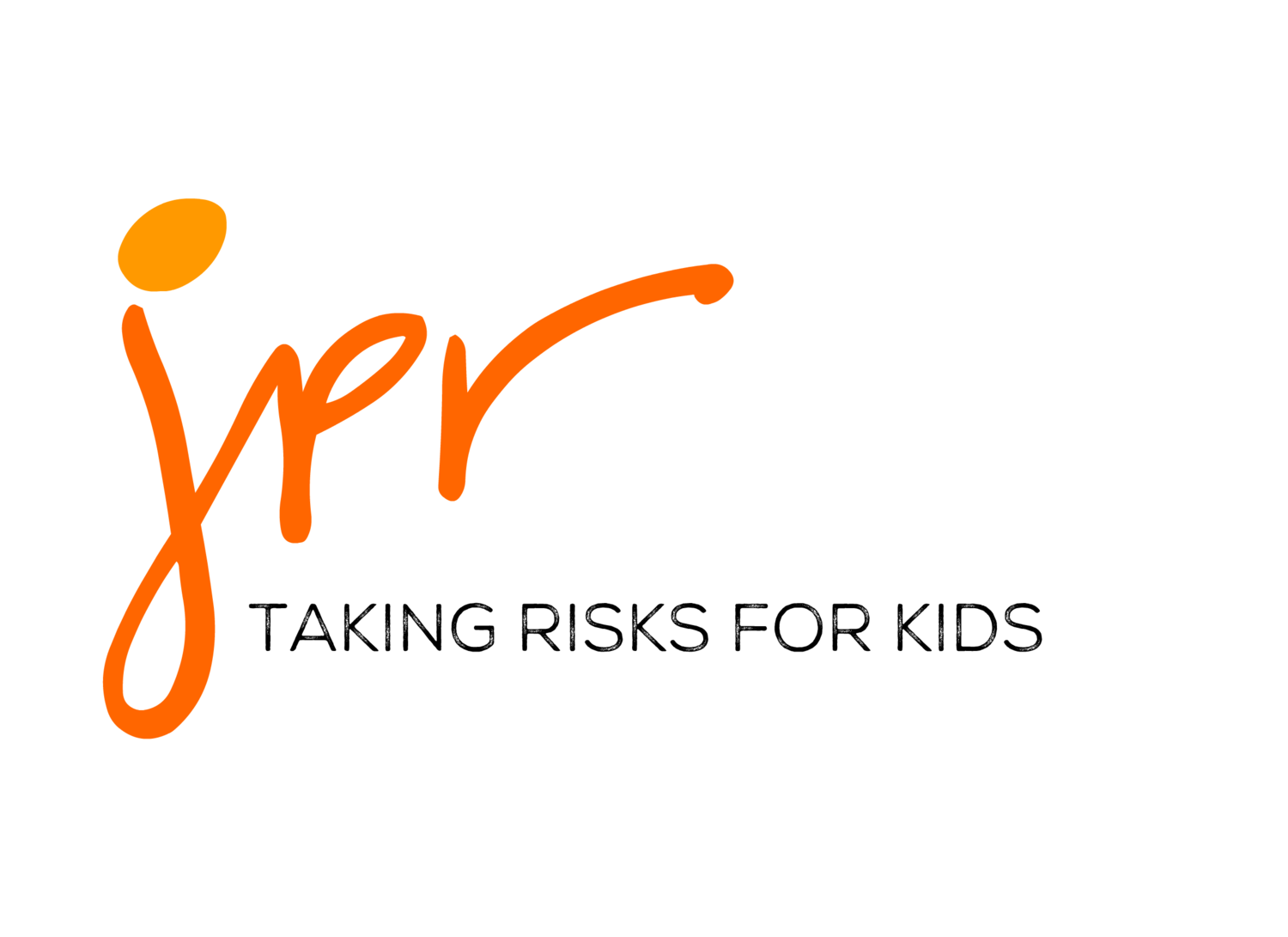SUMMER - Let the Learning Begin!
/Some of the earliest and best memories of my childhood are summers spent at various camps and going on vacations with family to my beloved Cape Cod and the coast of Maine. Thinking back, I couldn’t imagine my life without those experiences. Making new friends, trying all sorts of activities, playing sports, and enjoying the long days and nights swimming, sailing, camping, and playing outdoors. Simply put — it was FUN! Survive the school year to thrive in the summer. That was my strategy.
Growing up white and middle class, I didn’t know so many children — particularly low-income families and many students of color — are denied these experiences, making summer a big-time contributor to both opportunity and learning gaps. Research documents the phenomenon known as summer learning loss, and all of the missed opportunities it represents.
I will never forget my first summer as a new superintendent in Sacramento, California. It was August, 2009. I started the day hoisting the American Flag at the central office and spending time visiting various locations and meeting people throughout the community. As my schedule was being designed, I remember asking to visit summer programs and being told two things: First, given the fiscal crises afflicting California at the time, it was more prudent to keep schools and buildings closed to conserve electricity; Second, the only summer programs in effect were “summer school” for students who were academically behind. In other words, punishment. What I soon discovered is that both strategies were negatively impacting thousands of our children who couldn’t access and enjoy the experiences I had, or my own children enjoyed. This needed to change and fast.
Thanks to California’s Summer Matters campaign championed by the nonprofit Partnership for Children and Youth, opportunities for Sacramento’s youth changed rapidly. Together with local community partners, we introduced “Summer of Service”, “Summer at City Hall”, and “Summer at Sacramento State University.” Several key concepts and themes were consistent with all these programs. They were fun, full-day, enriching, provided social capital to our kids, connected to the school year, and delivered with the support of Sacramento’s teachers and community-based organizations partnered together.
Now as we recover from a year-plus of the pandemic and the impacts on schooling, learning loss is again dominating policy, governance, and practice conversations. Billions of state and federal resources are being poured into school districts — many of whom are ill-prepared to use these resources expeditiously and wisely. So, what to do?
First, think summer learning, not summer school. While summer school is an old strategy that didn’t lead to different outcomes for kids, summer learning, with its skill-building and fun engaging opportunities — is what all our children need and deserve.
Second, no need to reinvent the wheel. As shown above, years of quality research have outlined what and how summer programs can be structured and run. Think summer camps that are full-day and run by a mixture of teachers, and youth providers.
Third, partner with community-based organizations who can deliver high-quality fun and enriching programs, and who have relationships with children and their families. Strengthening these partnerships has never been more important and will continue to reap benefits during the school year.
And speaking of school year — use this abundance of resources to create a multi-year strategy that includes learning, innovating, and improving programs and outcomes over time. Summer can be the critical learning bridge into the school year and that “blank canvas” to provide children with different experiences, skills, and relationships that prepare them for exciting and rewarding futures.
As Chris Smith, Executive Director of Boston Afterschool and Beyond points out, “summer is the fifth quarter when used well and strategically can enhance and accelerate children’s learning and development.”
Let’s give our children the summer they deserve and have earned, and let’s start by making summer learning fun and available to all children. Afterall, they’ve survived the school year, and let’s see them thrive!
